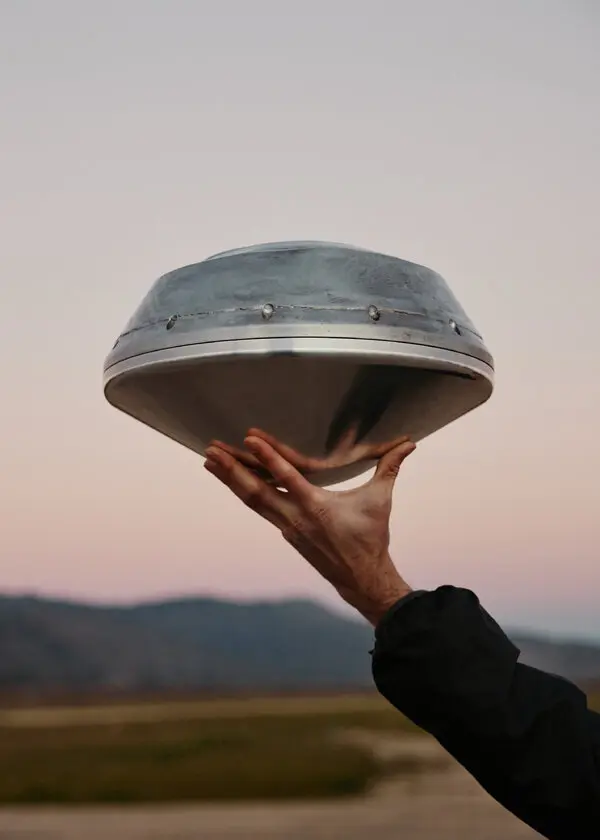There are several private organizations that already transport tourists into space or are preparing to do so in the near future: it's not just about taking people around space, however. Investors are pouring a lot of money into space technology companies: in 2021, venture capitalists gave “Big Space” as much as 7,7 billion euros. This is more than 50% compared to the previous year.
Among the most interesting companies I note this Inversion Space: is an American company that plans to store containers in Earth orbit for up to five years. A "space" depot, in orbit, which the company plans to also transform into a process for hyper-fast deliveries. As? By launching containers into space and making them fall back to their destination with the help of a parachute.

Austin Briggs e Justin Fiaschetti, the makers of Inversion Space, are betting that as space travel becomes more accessible, and as people can stay in space for longer periods of time, more companies will want to send or retrieve objects from orbit.

A sea of mini container satellites
At the heart of Inversion Space's vision is a system of space capsules with a diameter of 1,2 meters (four feet, 48 inches) capable of carrying payloads, withstanding the stresses of re-entry into the atmosphere and making soft landings by a parachute that ensures a soft and (hopefully) precise landing.
The company plans to build it by 2025, and trials have already begun with smaller capsules, 60 centimeters wide. Inversion Space launched them from a plane flying at about 1000 meters (3.000 feet) in the air, studying their trajectory down to the Earth's surface. From 2023, the company plans to begin further trials of the container capsules.
The operation of the space containers will also be supported by solar energy, the same which will allow them to "station" in orbit until they are directed for delivery to Earth or to a commercial space station.
Space shortcuts to speed up the movement of goods
In addition to storage, the inventors anticipate that these capsules could be used to move crucial items such as life-saving organs from one point on the planet to another in minutes.
I imagine an ocean of container capsules circling the planet: how will they not create problems for the other already growing ocean of satellites? And the ocean of space debris? The company gets away with saying that its capsules do not produce visual pollution and will be equipped with systems to avoid impacts: who knows.
If that vision comes true smoothly, space containers could revolutionize commercial space travel.
The most awaited revolution? That of costs

The future of the project, as mentioned, focuses on the fact that space travel becomes more accessible. Today, vehicles transporting people or goods to or from space cost up to € 100 million per journey.
Inversion Space also relies on estimates from SpaceX by Elon Musk, which aims to reduce the cost of launching from around 60 million euros today (Falcon 9) to less than 10 million euros on the next Starship rocket.
The market will expand, with NASA selecting three companies to build several commercial space stations in its place. A fourth company, Axiom space, has already secured a contract to build habitation modules for the current ISS.
Of course, these achievements and the participation of other nations will advance space tourism, allowing us to store our stuff off-Earth (space container depots: it just sounds like science fiction) and to take longer trips in the cosmos.


